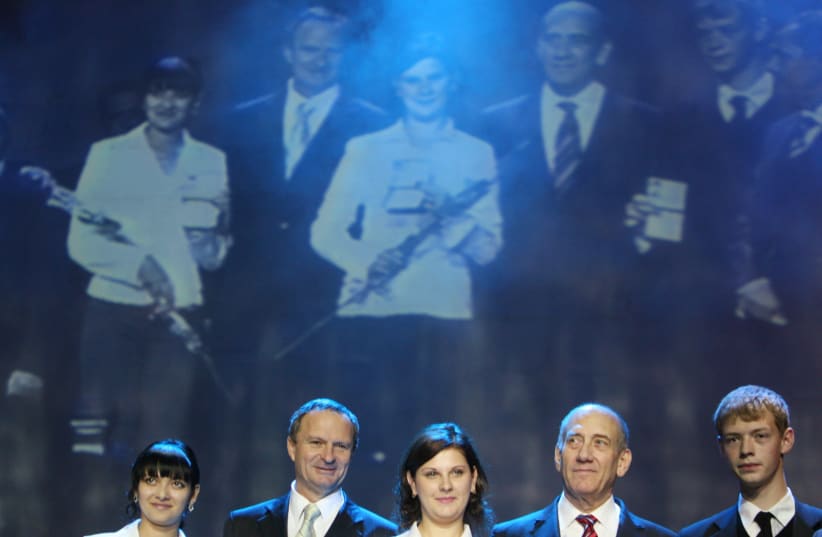“I can’t explain exactly why, but once my eyes saw the landscape of Israel – its ancient, dazzling architecture sprinkled across endless hills, the overly friendly young parents and bustling cafés sprouting up on pieces of land so old it’s impossible to fathom – it was inevitable. I was, to put it simply, meant to live in Israel,” Masha confesses in the book’s opening chapter.
Hebrew speakers will recognize the influence of Hebrew in the title of the book. At the End of the World, Turn Left is a translation of the Hebrew expression sof ha’olam smola which means “the middle of nowhere.”
Indeed, the majority of the story takes place in suburban Wisconsin, which, compared to the luster of Israel, is a place Masha now considers sof ha’olam smola. The book opens during the winter of 2008, and Anastasia, the younger sister, has disappeared. Pavel, the father of both young women, has coaxed Masha back to Milwaukee to search for her.
Author Zhanna Slor does a good job capturing the ennui of the young residents of Riverwalk, a neighborhood in Milwaukee that Masha, in her pre-Israel stage, used to inhabit and to which she returns, in order to track down her missing sister. There are noticeably frequent mentions of patchouli in the Riverwalk chapters, along with an underground music scene, drinking and drug references.
The heart of the book engages the reader with chapters that go back and forth in time. The Masha chapters are set in the present day and the Anastasia chapters are, until the end of the book, set in the recent past. The storylines include an intriguing subplot featuring a mysterious Russian stranger with a paradigm-shifting claim and the novel moves at a nice pace.
At the same time, there are parts of the book that will likely vex the alert reader. There are too many elements presented in the book that simply don’t hang together.
Despite dropping out of college, Masha appears to be a master linguist. As a result of being an immigrant twice in her young life, she speaks three languages (Russian, English and Hebrew), yet throughout the novel, she often mentions words from other languages to describe a circumstance that cannot be captured in English.
The Masha chapters are peppered with sentences such as, “Papua New Guinea is full of languages with untranslatable words. My favorite is Mokita, a Kivila word for the truth everyone knows but agrees not to talk about.” And “I think of the French term, l’appel du vide: literally translated to ‘the call of the void’, contextually used to describe the instinctive urge to jump from high places.”
There are other frustrating inconsistencies in the story line. Pavel calls Masha in Israel on Yom Kippur to beg her to return to Milwaukee to find Anastasia, but she doesn’t land back in America until February. Masha makes a blessing on a cup of coffee “as automatic to me now as lighting up a cigarette used to be” but she answers her father’s phone call on Yom Kippur. She tells her father “It’s Shabbat. No phones, no cars,” but she goes to a bar and buys drinks on a Friday night and gets in a car with her father on Shabbat morning and goes with him to eat in a non-kosher restaurant.
As the book ends, there is satisfaction in knowing that the sisters have each found their places in life, at least geographically, but the reader is left with the disquiet of a number of loose ends, particularly regarding the marriage of Pavel and his wife and the truth about the Russian stranger.
In the competition between America and Israel, one gets the feeling that the author, herself an immigrant to the US from the Soviet Union, is ambivalent. That Masha chose Israel is clear from the book’s very beginning. Yet Masha’s younger sister Anastasia chooses America and the book closes with her final thought, “Because we are free, and we are American, the opportunities are endless.”
At the End of the World, Turn Left is a pleasant enough read, but it is riddled with frustrations, especially for the reader who possesses at least a passing knowledge of Israel and traditional Jewish practice.
AT THE END OF THE WORLD, TURN LEFT
By Zhanna Slor
Agora Books
$25.99
